Poor sleep is directly correlated with shorter life expectancy, the study reveals. (Getty Images)
Missing out on adequate sleep could be taking years off your life.
New research from the Oregon Health & Science University (OHSU),…

Poor sleep is directly correlated with shorter life expectancy, the study reveals. (Getty Images)
Missing out on adequate sleep could be taking years off your life.
New research from the Oregon Health & Science University (OHSU),…

Tuberculosis has plagued humanity for thousands of years, and despite medical advances that can now help us prevent and cure it, the ancient bacterial disease still claims more human lives per year than any other infectious pathogen.
In a new…

Poor sleep is directly correlated with shorter life expectancy, the study reveals. (Getty Images)
Missing out on adequate sleep could be taking years off your life.
New research from the Oregon Health & Science University (OHSU),…

From a GP’s quick and convenient go-to weekday option to a neurologist’s surprisingly spicy ingredient, here’s how health practitioners fuel their mornings.
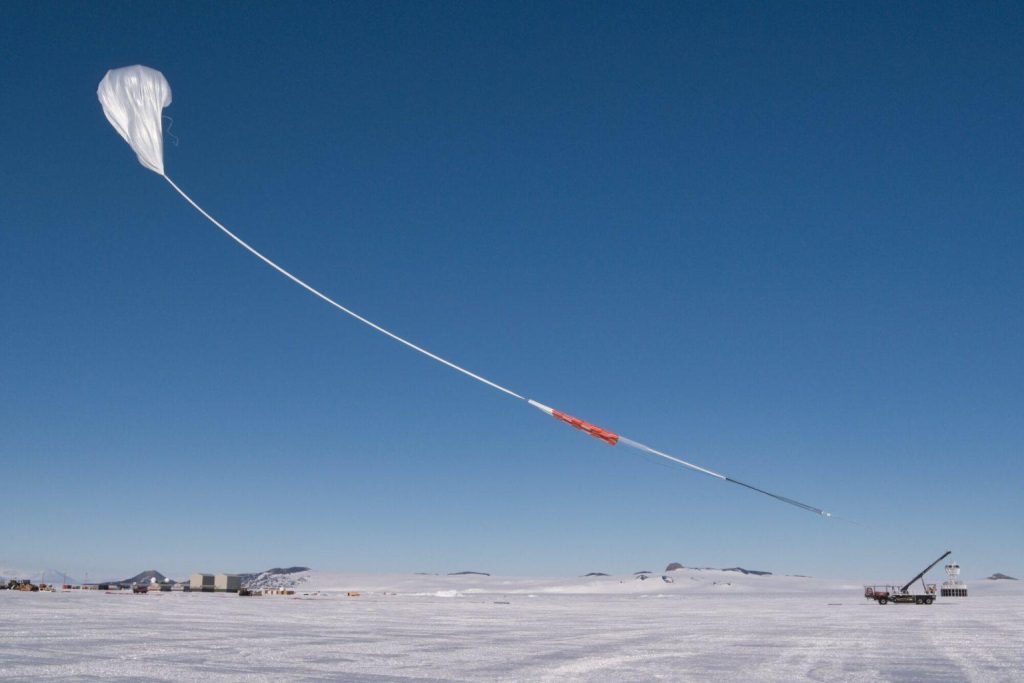
A NASA scientific balloon carrying a next-generation space science instrument has successfully launched over Antarctica, continuing a legacy of discovery that began…
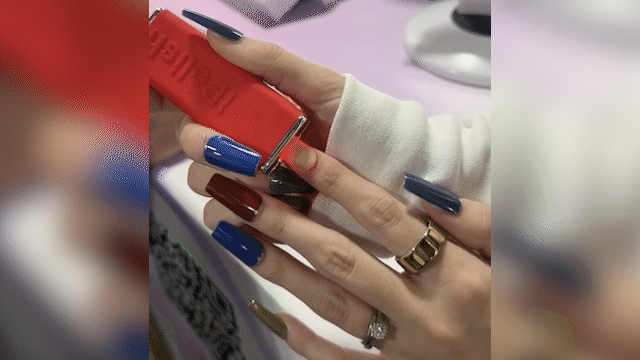
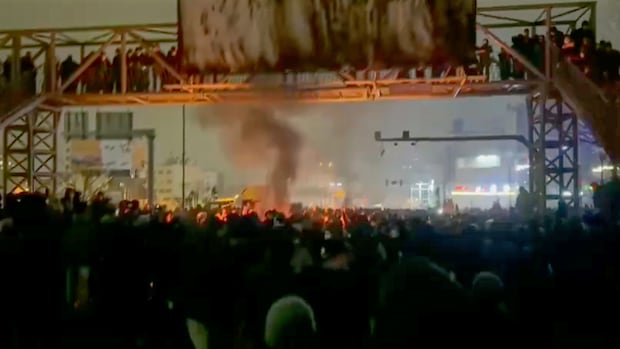
A crackdown on nationwide protests in Iran has killed at least 538 people and even more are feared dead, activists said Sunday, while Tehran warned that the U.S. military and Israel would be “legitimate targets” if America uses force to protect…
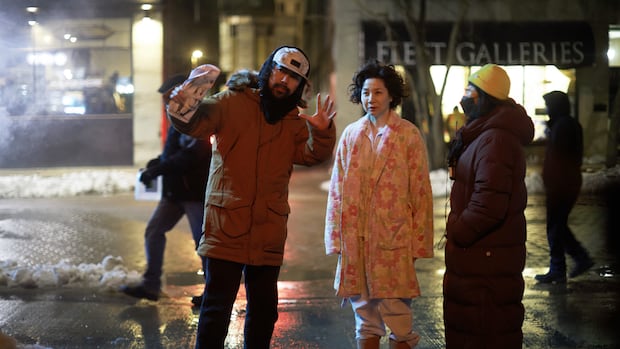
Listen to this article
Estimated 4 minutes
The audio version of this article is generated by AI-based technology. Mispronunciations can occur. We are working with our partners to continually review and improve the results.
Filmmaker Johnny Ma wasn’t…
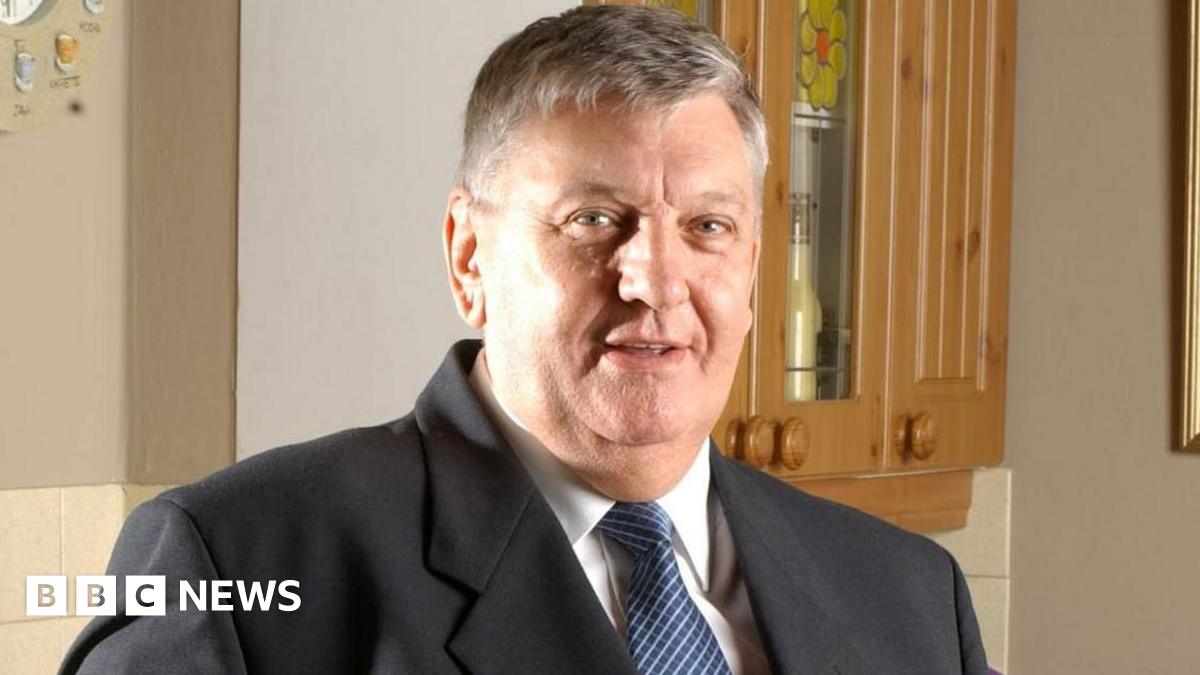
The statement said Martin – born in the East End of London himself, in Bow – had died on Saturday.
“For over 50 years, Derek was a truly authentic working-class voice in British television and film,” it went on.
Meanwhile, his agent said it was “a…